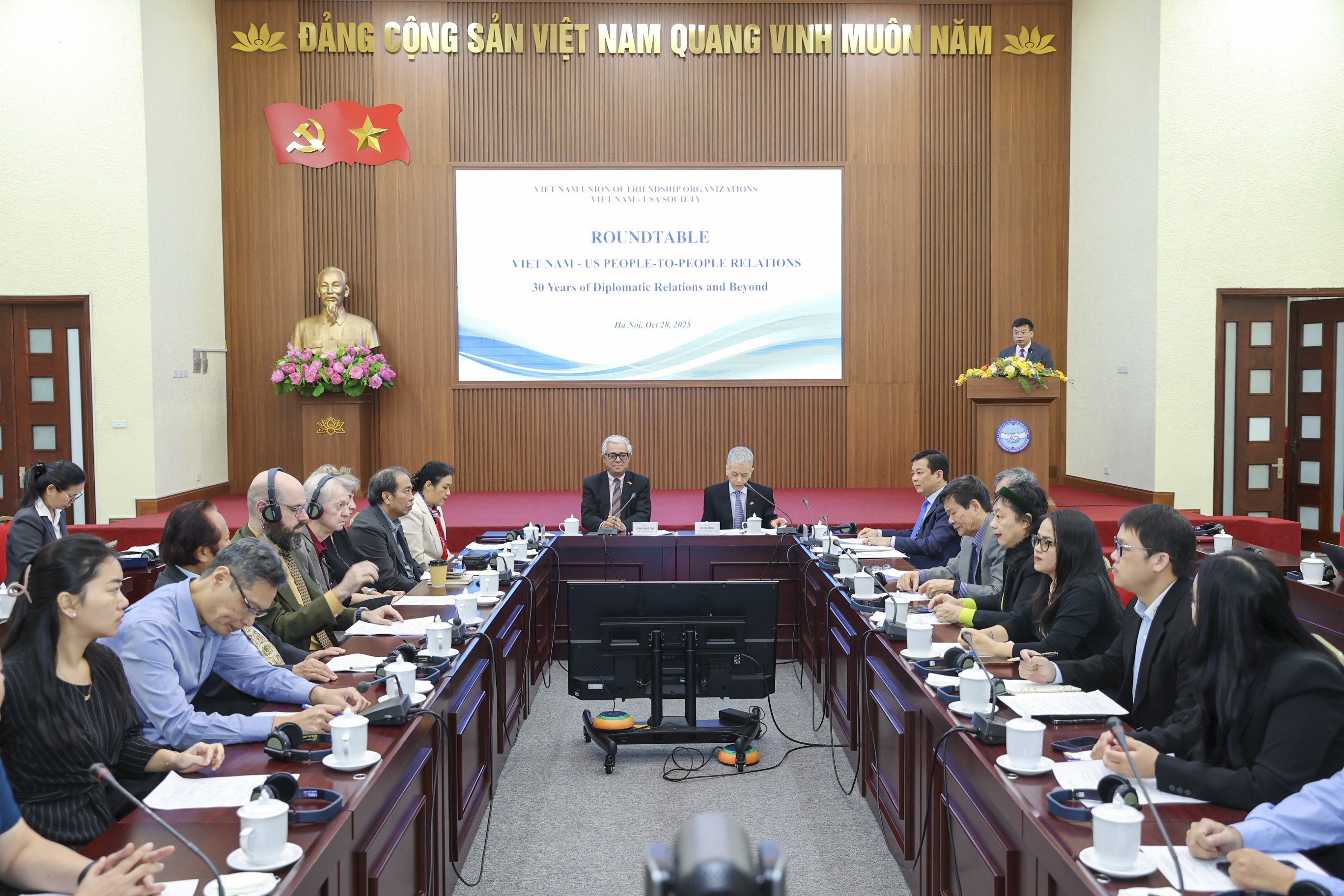 |
| The scene at the seminar. (Photo: Dinh Hoa) |
In his opening remarks at the seminar, Ambassador Pham Quang Vinh, President of the Vietnam-America Friendship Association, emphasized that the development of Vietnam-America relations today is the result of the persistent efforts and contributions of the people of both countries over many generations. In the new context, people-to-people relations between Vietnam and the United States need to be further deepened, serving as a bridge of friendship, understanding, and trust between the two countries.
Mr. Pham Quang Vinh quoted the speech of the Chairman of the Vietnam Union of Friendship Organizations, Phan Anh Son, at the ceremony commemorating the 80th anniversary of the Vietnam-US Friendship Association, on three directions that need to be further promoted in Vietnam-US people-to-people diplomacy: Adhering to the framework of the Comprehensive Strategic Partnership, promoting people-to-people exchanges as a pillar of the bilateral relationship; expanding the network of friends and areas of cooperation, not only in humanitarian cooperation and addressing the consequences of war, but also in education, culture, science, innovation, trade, environment, and sustainable development; spreading the model of Vietnam-US reconciliation – a testament to the strength of sincerity, tolerance, and the aspiration for peace .
Cooperation in addressing the consequences of war – the foundation of Vietnam-US relations.
At the seminar, Vietnamese and American delegates discussed various aspects of cooperation in addressing the consequences of war. According to Chuck Searcy, President of the Veterans for Peace Chapter (VFP 160), American veterans were among the first American citizens to proactively connect with the people and veterans of Vietnam. These meetings, conducted in a spirit of reconciliation and friendship, opened doors to understanding, laying the foundation for humanitarian cooperation and healing the wounds of war. From these experiences and genuine empathy, both sides have built friendship, trust, and mutual respect – values that form the solid foundation of Vietnam-US relations today. He expressed his belief that the two countries will continue to work together to cultivate peace and a better future for generations to come.
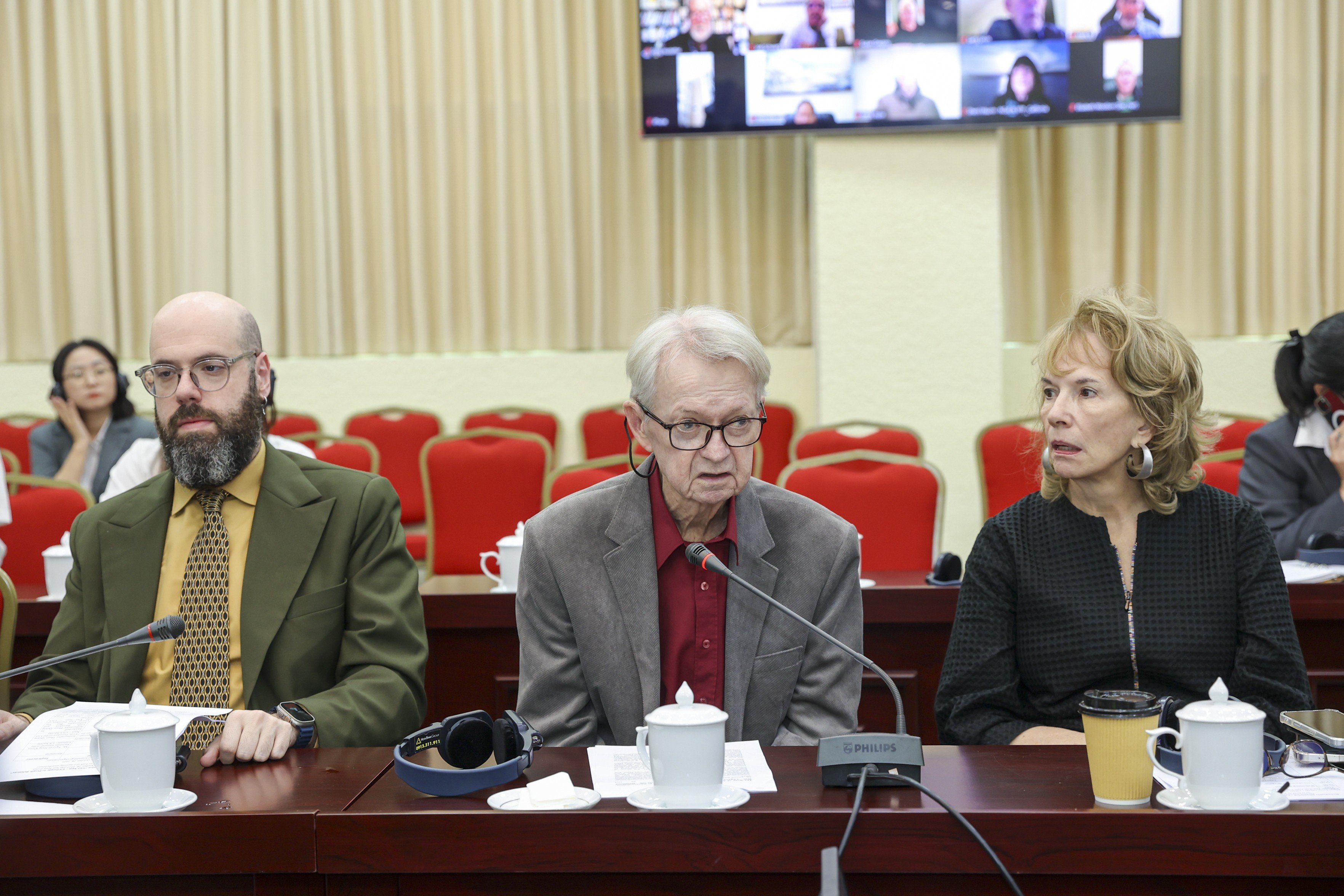 |
| Chuck Searcy, President of the Veterans for Peace Chapter 160, speaks at the seminar. (Photo: Dinh Hoa) |
Mr. Hoang Anh Tuan, Head of the International and Science Department of the Vietnam Association of Victims of Agent Orange/Dioxin (VAVA), stated that Vietnam and the United States have implemented numerous humanitarian programs and projects. Programs supporting Agent Orange victims and improving the lives of people with disabilities in dioxin-contaminated areas through rehabilitation, livelihood support, and community integration have helped tens of thousands overcome difficulties and improve their lives. He added that the Vietnam Association of Victims of Agent Orange/Dioxin hopes to continue strengthening cooperation with US agencies, organizations, and individuals, as well as international partners, to expand the scale and enhance the effectiveness of support activities.
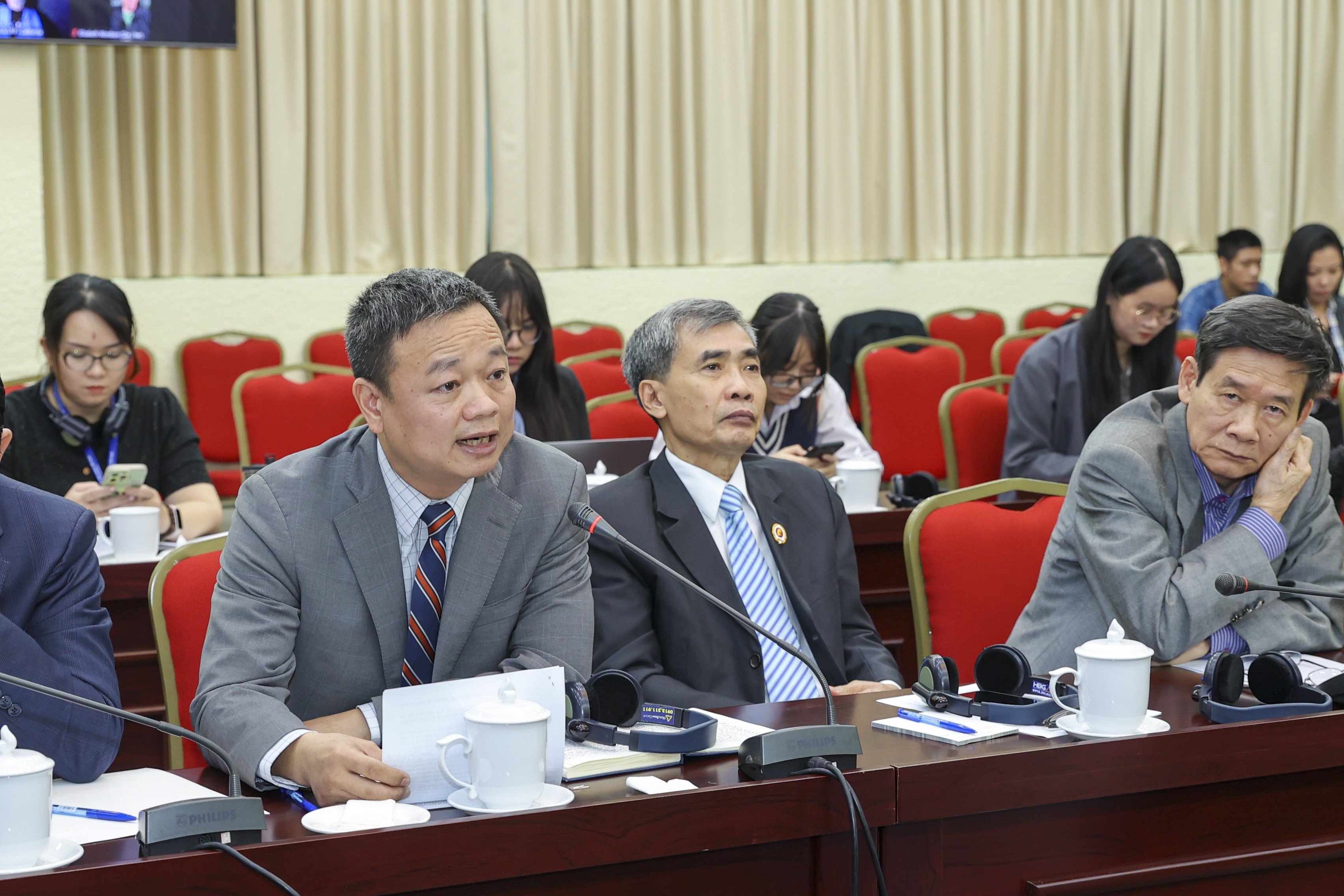 |
| Mr. Le Cong Tien, Deputy Director of the Americas Department, Ministry of Foreign Affairs , and Director of the Vietnam Agency for Searching for Missing Persons (VNOSMP), speaks at the seminar. (Photo: Dinh Hoa) |
Mr. Le Cong Tien, Deputy Director of the Americas Department, Ministry of Foreign Affairs, and Director of the Vietnam Office for Searching for Missing Persons (VNOSMP), stated that Vietnam has cooperated with the United States in humanitarian activities, searching for and cataloging American servicemen missing in action (MIA) during the Vietnam War for over 50 years, helping thousands of remains of American soldiers to be identified and returned to their families. The MIA activities were a rare channel for dialogue during the embargo period, contributing to laying the foundation for the normalization and establishment of diplomatic relations. He emphasized that in the future, Vietnam and the United States will continue to cooperate closely in this field, not only to heal the wounds of war but also to strengthen trust, expand cooperation, and bring practical benefits to the people of both countries.
Proposals for cooperation in multiple areas.
At the seminar, Ambassador Nguyen Phuong Nga, former Deputy Minister of Foreign Affairs and former President of the Vietnam Union of Friendship Organizations, emphasized that people-to-people diplomacy between Vietnam and the United States needs to attract stronger participation from young people and expand to include various social strata such as business representatives, writers, and artists. She proposed promoting more creative forms of cooperation, such as organizing seminars, Vietnamese literature, film, and music weeks in the US and vice versa, thereby enhancing understanding, sharing cultural values, and narrowing the differences between the people of the two countries.
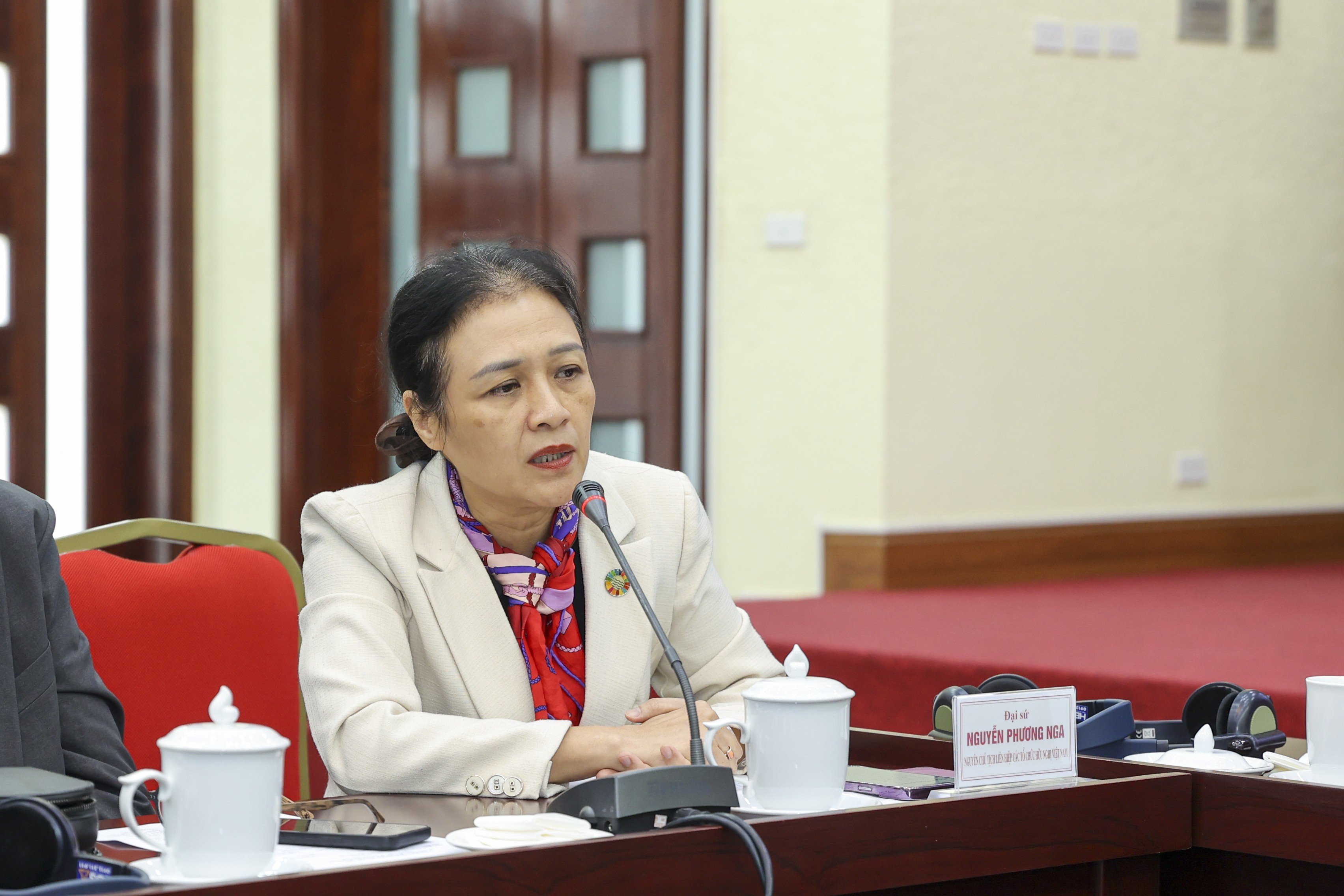 |
| Ambassador Nguyen Phuong Nga, former Deputy Minister of Foreign Affairs and former President of the Vietnam Union of Friendship Organizations, speaks at the seminar. (Photo: Dinh Hoa) |
According to Ambassador Nguyen Phuong Nga, in the context of Vietnam aiming to become a developed country by 2045, expanding cooperation with the US in the fields of economics, trade, science, and technology is of great importance. Besides the positive results in humanitarian projects and addressing the consequences of war, both sides need to further strengthen cooperation in high technology and innovation. In the age of artificial intelligence, people-to-people diplomacy needs to be reformed in content and form, effectively utilizing online platforms and digital media to disseminate activities to a wider audience, especially young people.
Vice Chairman of the Vietnam-America Friendship Association, Bui The Giang, stated that in the context of a volatile global situation, people-to-people exchanges between Vietnam and the United States need to be maintained and developed even more strongly, not only in scale but also in quality and effectiveness. According to him, people-to-people organizations in both countries need to promote flexibility and creativity, while also applying digital technology and artificial intelligence in their exchange activities, cooperation in human resource training, and the sharing of knowledge and experience.
Mr. Bui The Giang proposed several priority areas for cooperation in the coming period. First, it is necessary to promote the role of the Vietnamese community in the US as a creative resource and an important bridge in bilateral relations. Second, strengthen people-to-people cooperation in addressing the consequences of war, especially dealing with Agent Orange, landmines, and searching for missing soldiers. At the same time, it is necessary to expand cultural, artistic, sports, tourism, and educational exchanges, thereby spreading humanitarian values and enhancing understanding between the people of the two countries.
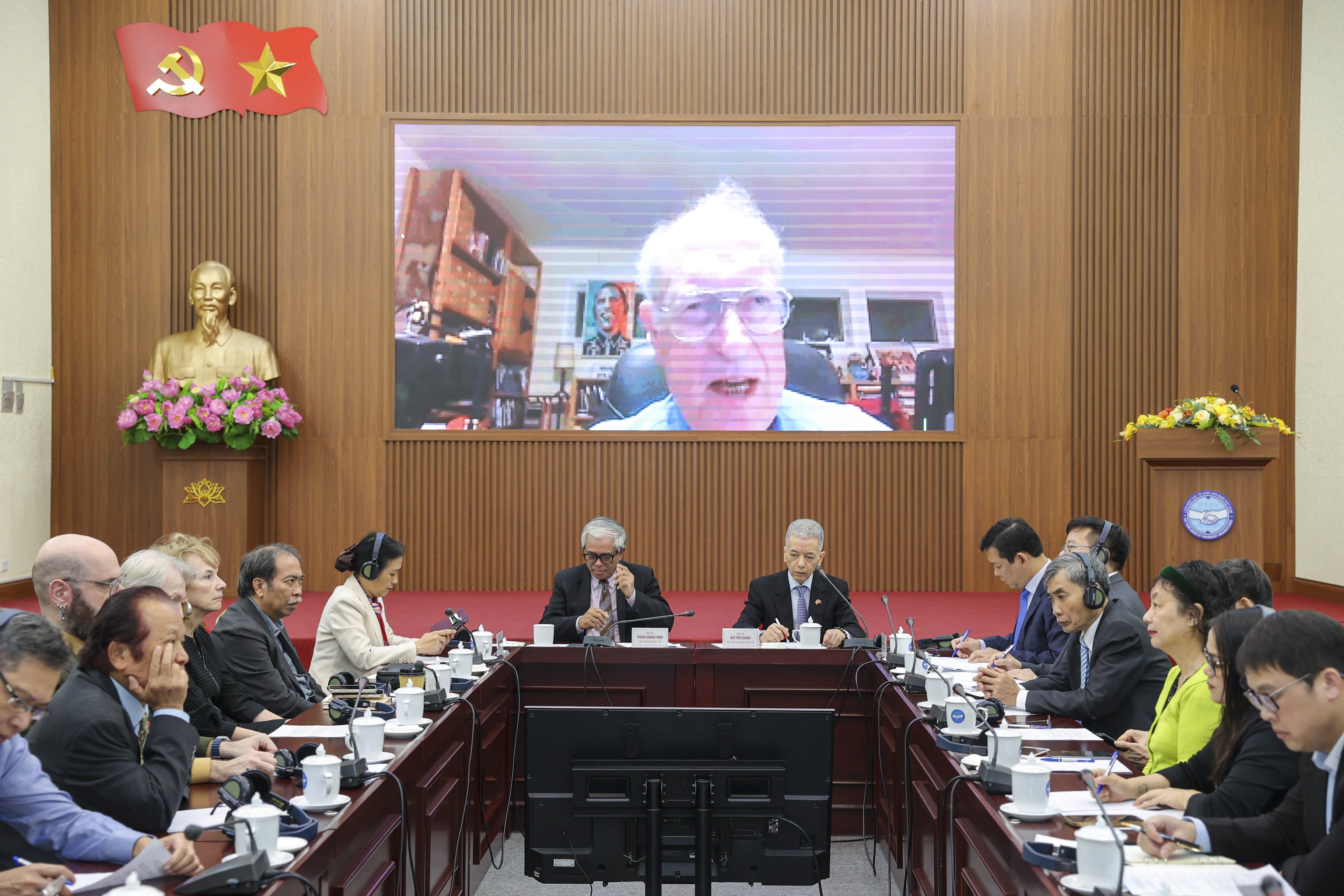 |
| Many American friends and partners participated in the discussion online. (Photo: Dinh Hoa) |
From the perspective of American civil society organizations, John McAuliff, Director of the Foundation for Reconciliation and Development (FRD), outlined four potential areas for promoting people-to-people exchanges between Vietnam and the United States. According to him, strengthening programs introducing Vietnam to American social activists, civil society organizations, and students in areas such as the environment and community development, in collaboration with Vietnamese partners, would contribute to building a lasting foundation of friendship.
Mr. McAuliff proposed expanding opportunities for domestic and international tour operators to participate in short thematic programs on Vietnamese history, economy, and culture. He also expressed his hope that in the future, Vietnam and the United States will promote sister city relationships between localities, thereby gradually forming a broad network of exchanges, expanding professional cooperation, cultural, economic, and educational exchanges, and creating more opportunities for exchange between students of both countries.
Source: https://thoidai.com.vn/hop-tac-viet-my-tu-han-gan-qua-khu-den-kien-tao-tuong-lai-217248.html






![[Photo] Prime Minister Pham Minh Chinh attends the Conference summarizing and implementing tasks of the judicial sector.](/_next/image?url=https%3A%2F%2Fvphoto.vietnam.vn%2Fthumb%2F1200x675%2Fvietnam%2Fresource%2FIMAGE%2F2025%2F12%2F13%2F1765616082148_dsc-5565-jpg.webp&w=3840&q=75)

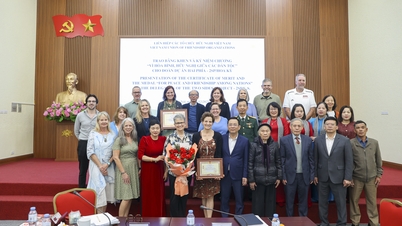
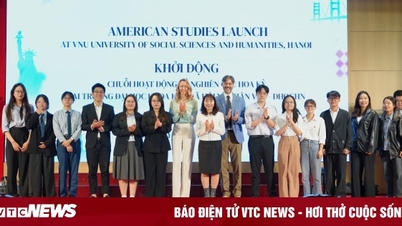

![[Photo] The colors of Vietnam-US friendship in the heart of Hanoi](https://vphoto.vietnam.vn/thumb/402x226/vietnam/resource/IMAGE/2025/11/24/1763950191274_anh-sac-mau-huu-nghi-viet-nam-hoa-ky-giua-long-ha-noi-20251123212633.jpeg)
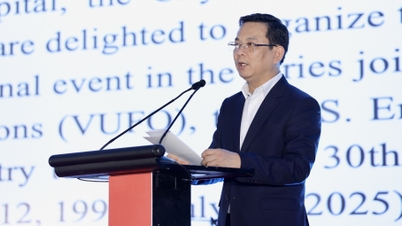
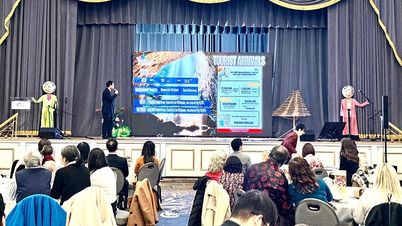



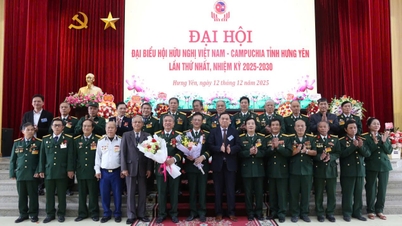
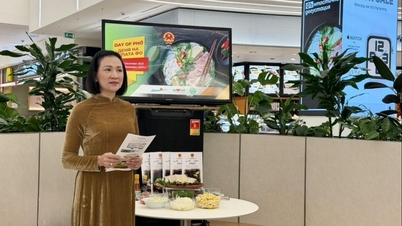

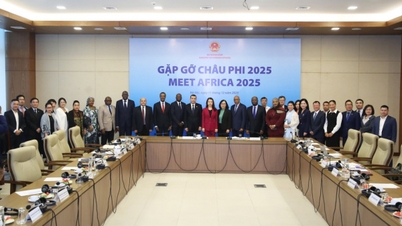
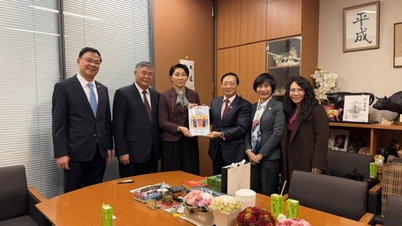
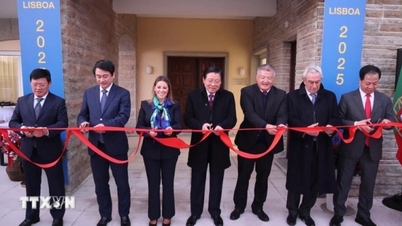
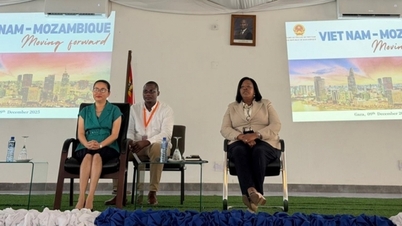




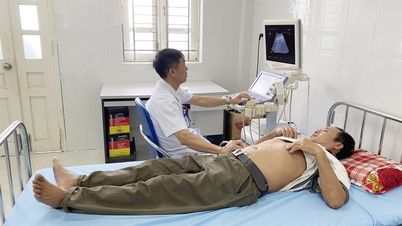
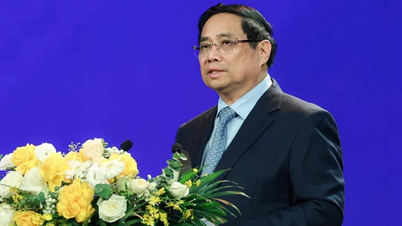
![[Photo] Na Ngoi Border Guard Station distributes 484 gifts to students and households before the cold season.](https://vphoto.vietnam.vn/thumb/402x226/vietnam/resource/IMAGE/2025/12/11/1765453782566_anh-don-bien-phong-na-ngoi-trao-484-suat-qua-cho-hoc-sinh-va-ho-dan-truoc-mua-gia-ret-20251211152111.jpeg)
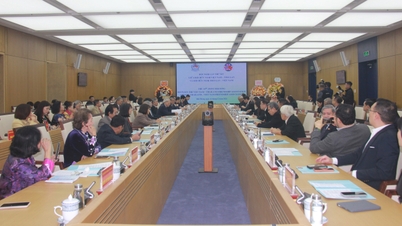
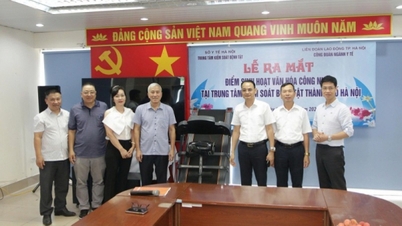
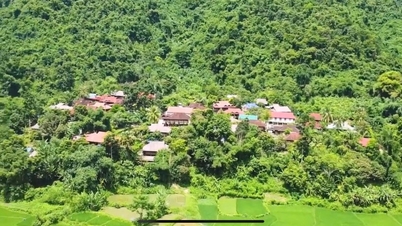







































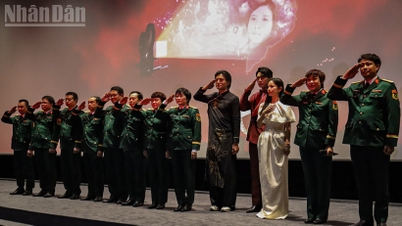
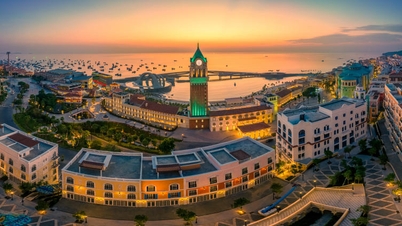

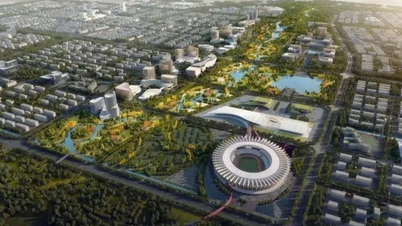
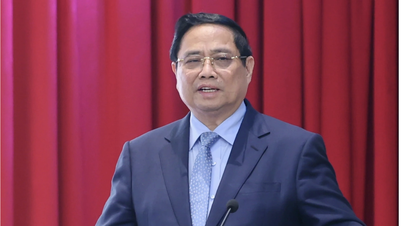



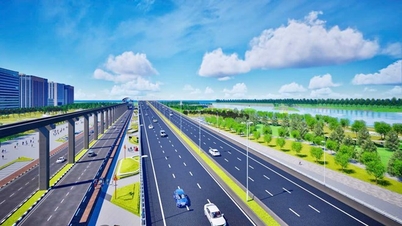
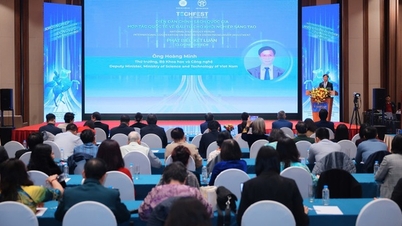

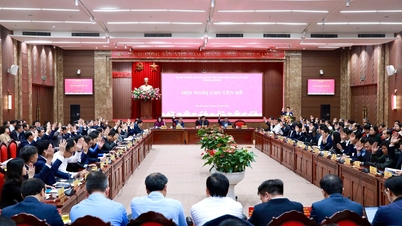

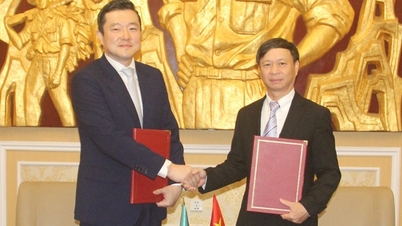
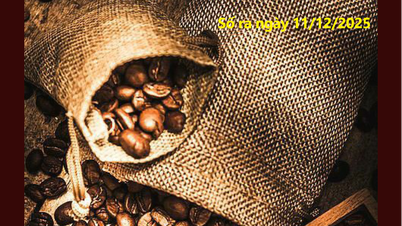

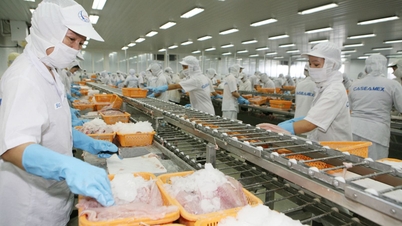
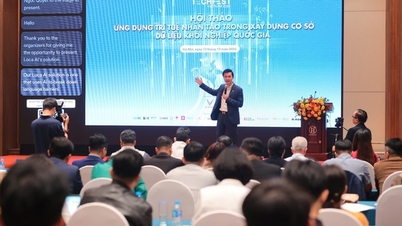
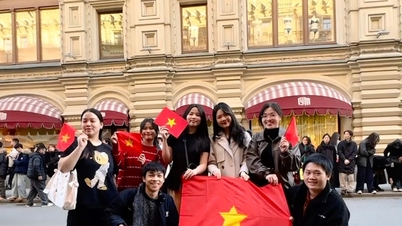

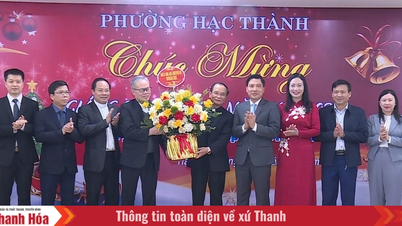

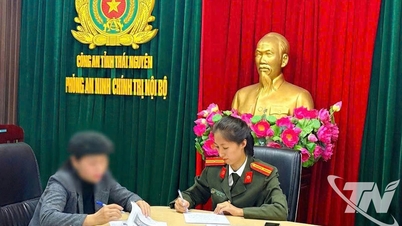
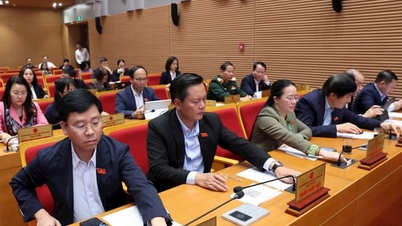

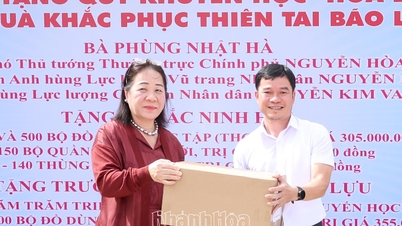

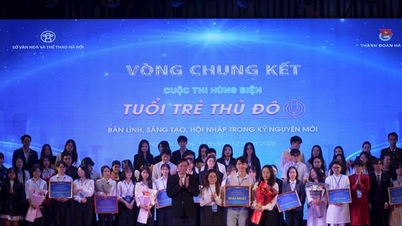













Comment (0)